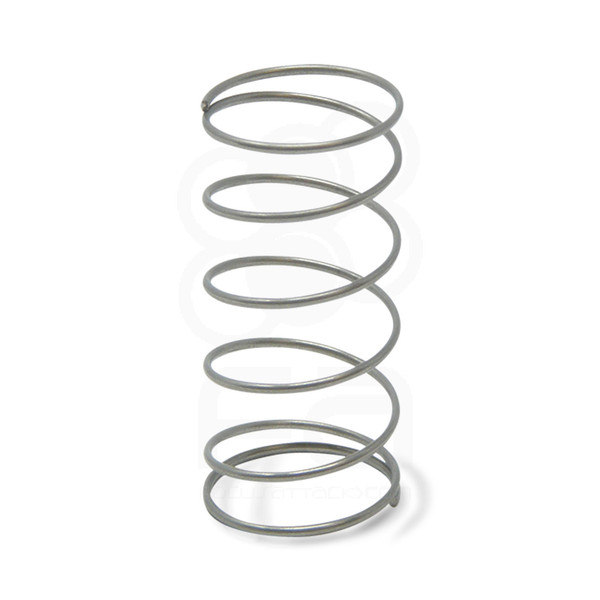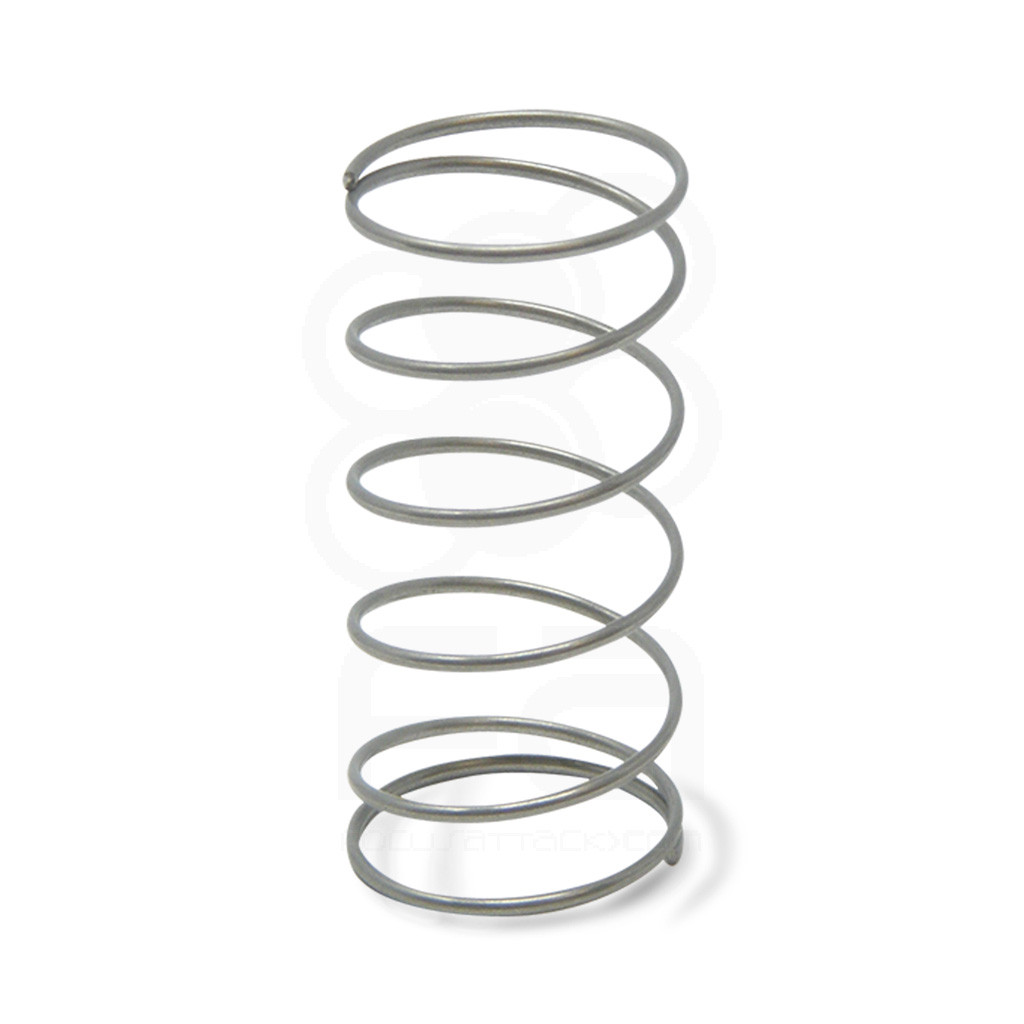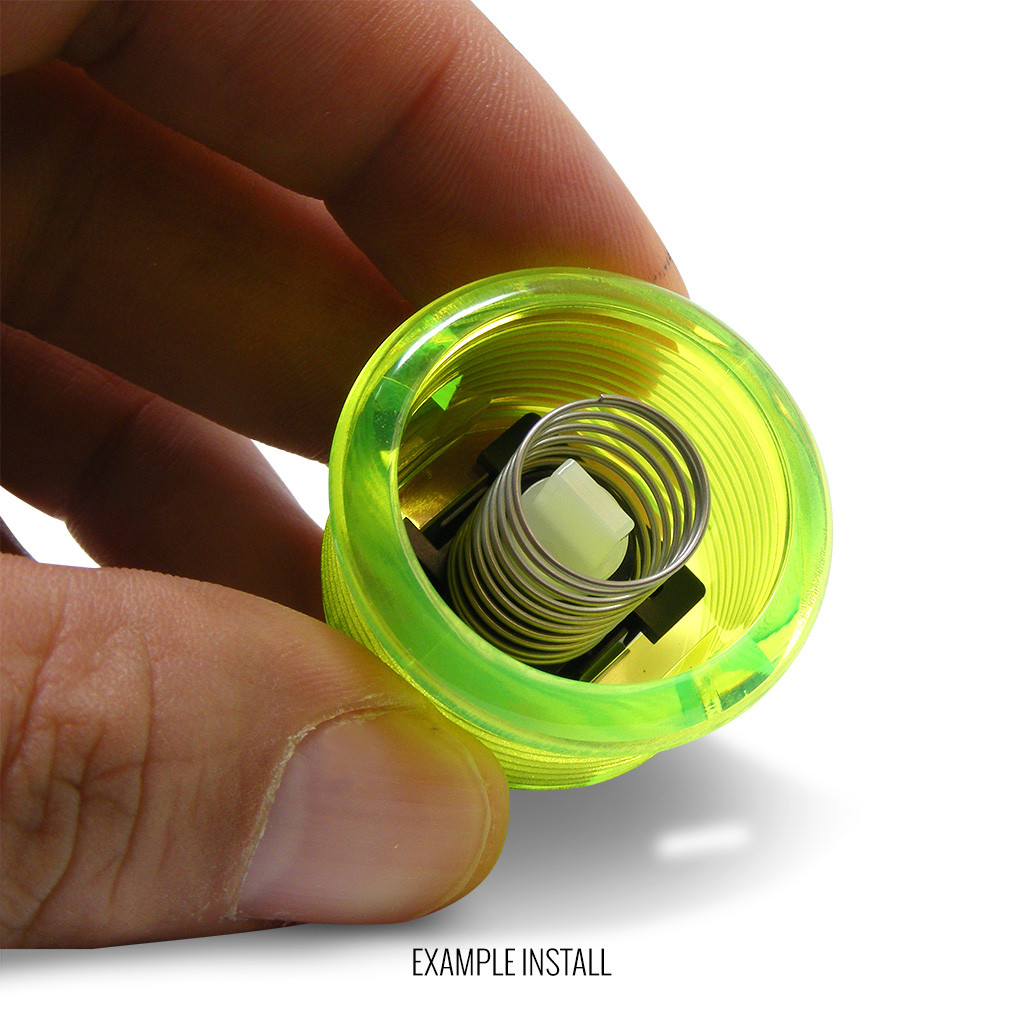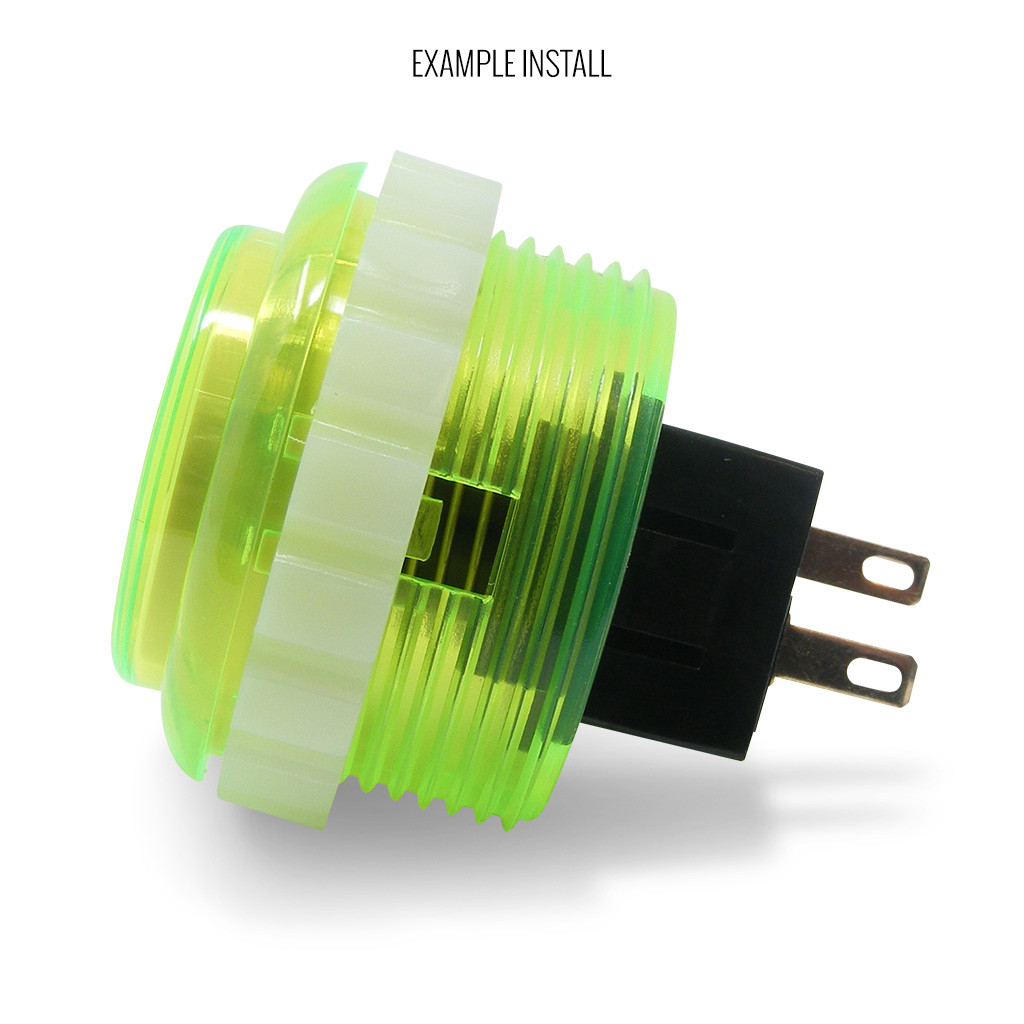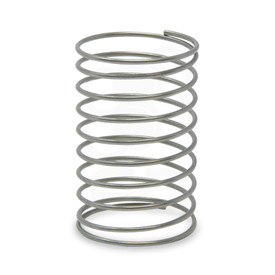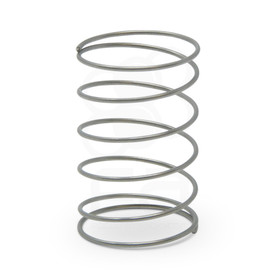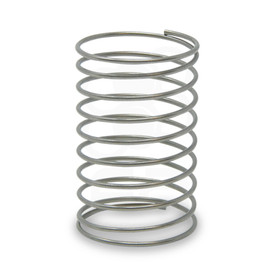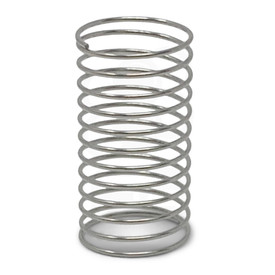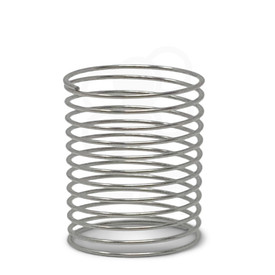- Category
- What's New?
- FightSticks/Pads
- Joysticks
- Pushbuttons
- Spare Parts & Tools
- Hardware & PCB
- Electrical
- Customize
- Merchandise
- Sales & Clearance
- Brand
-
Product Description
Manufacturer Seimitsu is well known for the PS series pushbutton, whose microswitch differentiates itself by requiring just a bit more force to actuate. The MM9-4 spring adds an extra .16 LBF (pounds force) to Seimitsu's 30mm pushbutton series. This is desirable to some who appreciate using more deliberate input force and a bit less sensitivity than Sanwa's SW-68 offers.
Adds .50N for Total of 1.50N (0.34 LBF)
By default, Seimitsu microswitch requires 1.0N or 0.2 LBF (pounds force) to each button. The MM9-4 adds .50N, for a total of 0.34 LBF. The result is a much firmer button input requirement that quickly accelerates the button cap's return to neutral.
Compatible With Seimitsu 30mm (PS-14-Gx/KN) Pushbuttons
The MM9-4 is designed to install into the following Seimitsu PS series pushbuttons that use the Seimitsu PS-14-G Button Micro Switch.
- PS-14-G Pushbutton
- PS-14-GN Screwbutton
- PS-14-GN-C Screwbutton
- PS-14-GN-KN Screwbutton
- PS-14-KN Screwbutton
Install Notes
While this does not represent the only way to install the spring into the pushbutton housing, you can use these notes to assist you during the install.
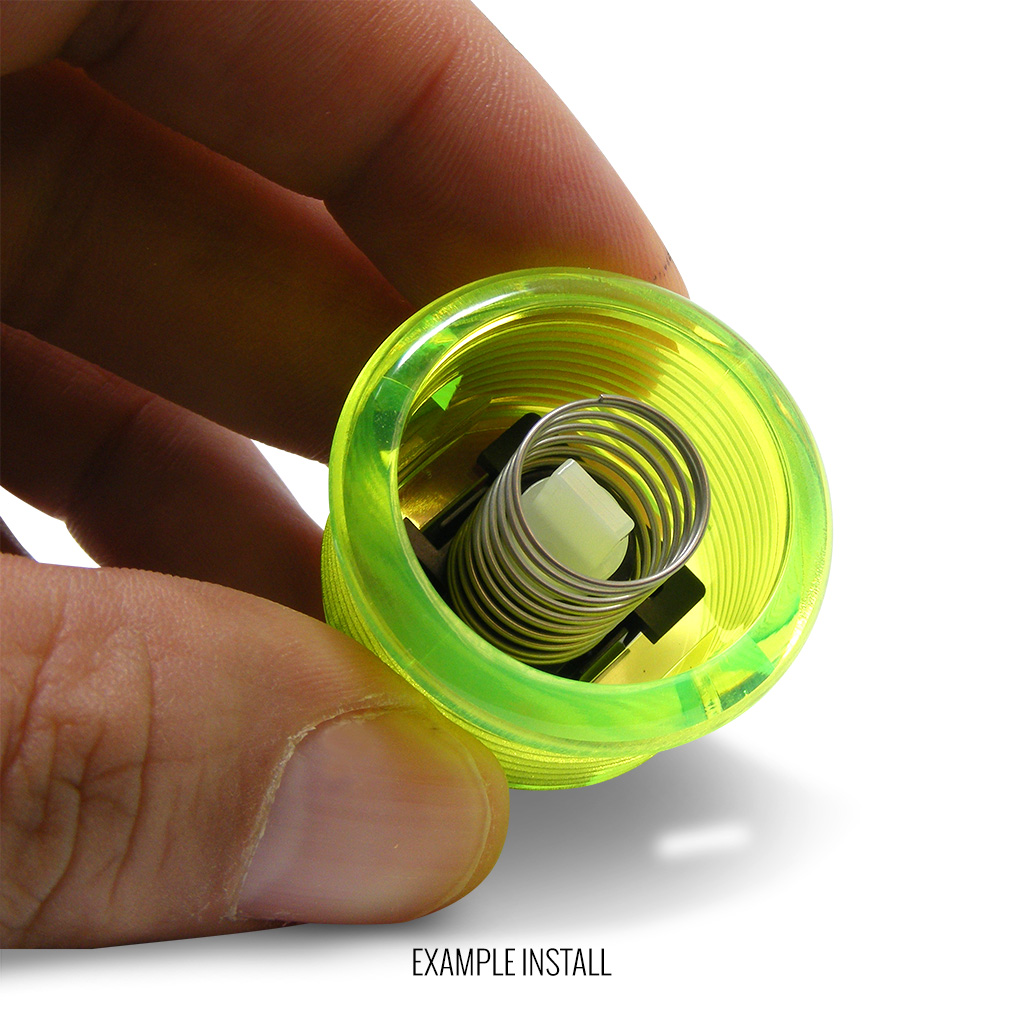
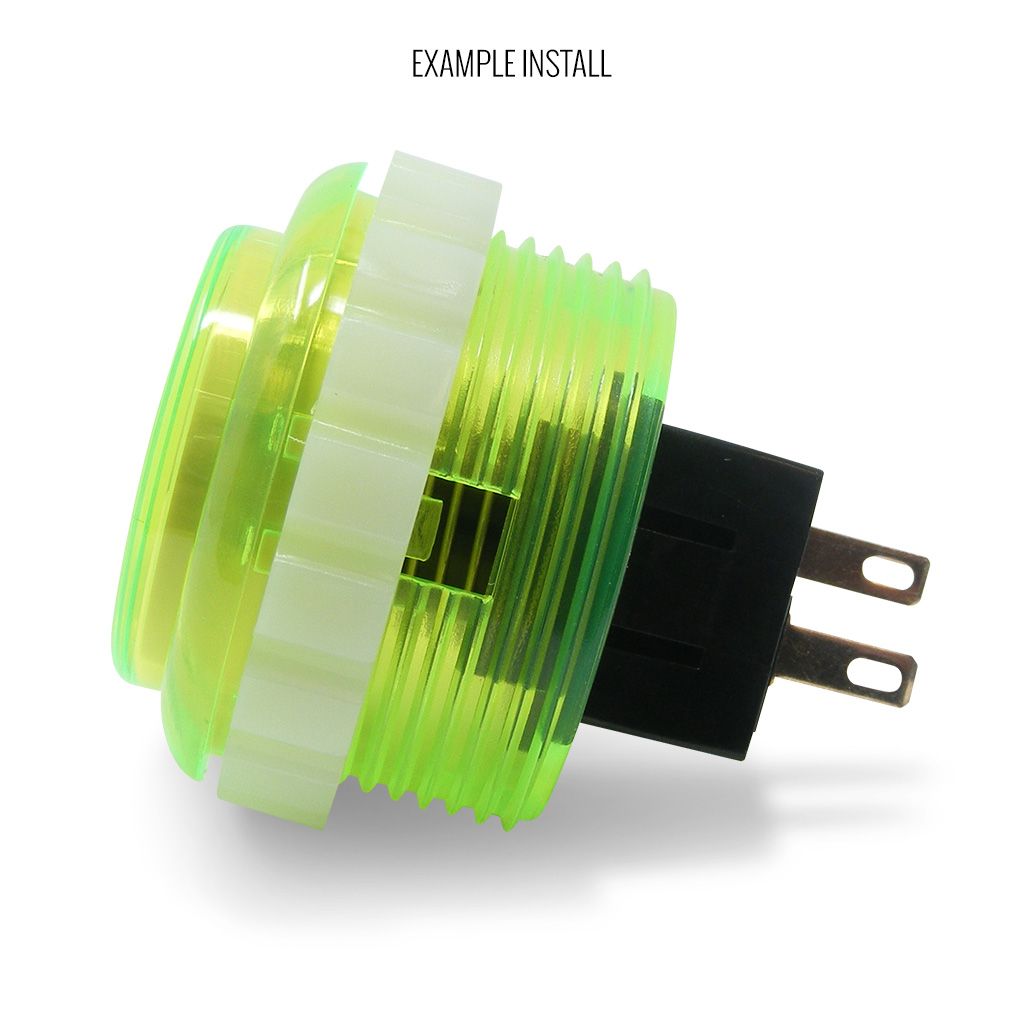
To remove the cap from housing, use a mini flat head screwdriver or similar small, flat surface tool to wedge inside between the open spaces on each side of the button. There, you will press upward against the cap's internal tab, dislodging it from the housing. You may need to alternate the upwards push of each tab to prevent the opposite tab from falling back into the open space.
With the cap removed, simply place the spring on the microswitch.
Note that this is an example photo, and your chosen spring may look different depending on the model.
You can place the cap back on the housing, lining up the plunger's slotted bottom opening with the microswitch. The plunger can only sit properly on the microswitch one way, which should ease the process of sitting the plunger and cap onto the button properly. The finished result looks like the picture above.
Note that this is an example photo, and your chosen spring may look different depending on the model.
-
Product Reviews
-
Find Similar Products by Category


